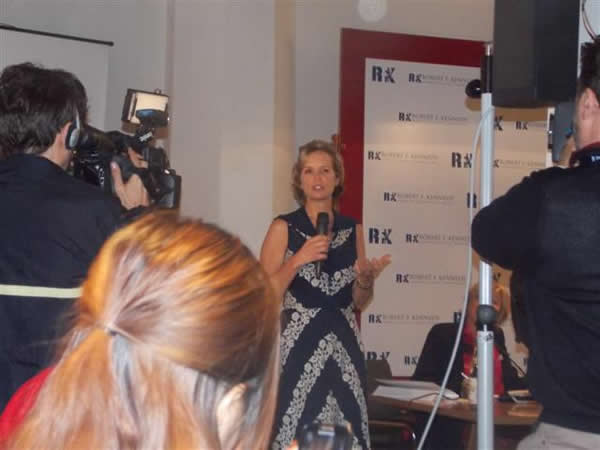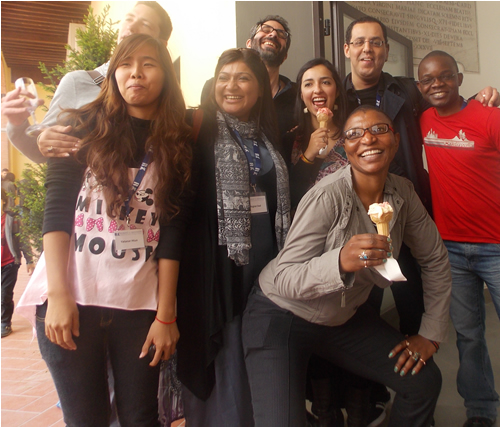It is always interesting, well, for me at least, that many leaders, African or otherwise, while apparently extolled elsewhere, are often “unwanted” and face harsh criticism in their own countries.
And this has nothing to do with the hiding-being-religion motif of a prophet being unwelcome among his own people. Far from it.
I have been thinking about this in the past few days that when our President was heaping praises on Zambian President Michael Sata for literally feeding Zimbabwe with 150,000 tonnes of maize, university students in Lusaka were protesting, taking to the streets demanding that their “crazy president” resign.
The students were protesting against something that resonates with Zimbabwe’s tertiary education students who however would never dare bum rush the streets in the manner seen in Lusaka.
That was not the end of it.
Jobless youths reportedly joined in the protests demanding jobs, and a comment attributed to one youth summed up the mood: “Let them come and arrest all the young people for speaking out on the wrongs that are beng done by the government. This is a government that has lost popularity so early and we cannot wait to vote them out. They don’t want to listen to people who voted for them and since they have closed their ears, we can take to the streets because that is the language they want to understand.”
One of the accusations leveled against President Sata was that he had become “arrogant and insensitive to the plight of the people.”
And we await here the day when students can get on their soapboxes and speak their minds about their wretched circumstances.
Yet because student activists will tell you there are spooks who sit through lectures pretending to be students, this has crippled any militancy you would expect from an impoverished aspiring academic.
But we read that President Sata’s response was typical of an African leader who is antithetical to the right to protest: LOCK THEM UP, he is alleged to have instructed cops.
That was not the end of the crackdown. Police have in past few days also locked up Zambia’s own protest poets for music critical to Sata.
The offending lyricist when translated went something like: “You were lying ‘Tata’ (old man). You promised cheap fuel; you said you will construct roads but you were lying as people are still sleeping in tunnels.”
We are in good company hey? Thanks for the maize.











